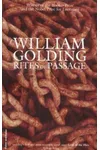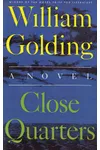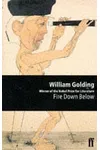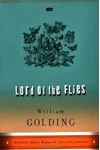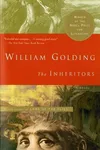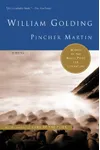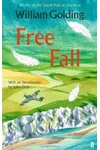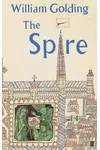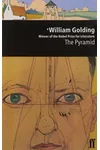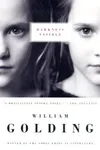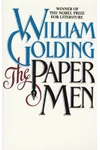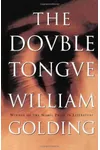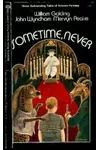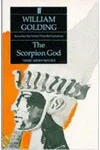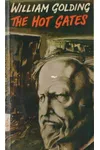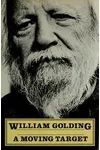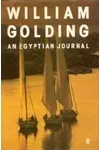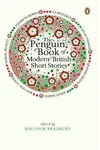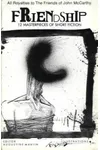Picture a British storyteller who turned a group of schoolboys into a chilling allegory of human nature—meet William Golding! Best known for his 1954 masterpiece Lord of the Flies, Golding wove tales that probe the darker corners of the human psyche. His Nobel Prize-winning career, sparked by wartime experiences and a teacher’s keen eye, continues to captivate readers with its raw, allegorical power.
Born in Cornwall, England, in 1911, Golding didn’t just write stories—he dissected what makes us tick. From his naval service in World War II to his classroom days, his life shaped novels that are as thought-provoking as they are unsettling. Ready to dive into his world?
The Making of William Golding
William Gerald Golding grew up in a bookish household, with a schoolteacher father who fueled his love for literature. At Oxford, he studied English, dabbling in poetry before life took a sharper turn. Teaching rowdy boys at a British public school gave him a front-row seat to the chaos of youth—sound familiar? Then came World War II, where, as a naval officer, he witnessed humanity’s capacity for brutality. These experiences didn’t just shape Golding; they became the heartbeat of his writing.
After the war, Golding returned to teaching, scribbling stories in his spare time. Rejection piled up until Lord of the Flies broke through, published after 21 rejections. At 43, he wasn’t an overnight sensation but a slow-burning genius whose gritty realism and philosophical depth would redefine modern fiction.
William Golding’s Unforgettable Stories
Golding’s novels aren’t just books—they’re mirrors reflecting our flaws. Lord of the Flies, his debut, follows stranded boys descending into savagery, a gut-punch allegory of civilization’s fragility. Its stark prose and moral weight made it a classroom staple, though its darkness still sparks debate. Golding didn’t stop there. The Inheritors (1955) imagines Neanderthal life, blending empathy with existential dread, while Pincher Martin (1956) traps readers in a shipwrecked sailor’s mind, questioning survival and sanity.
His style? Allegorical, unflinching, and rich with biblical and classical echoes. Golding tackled big themes—good vs. evil, innocence vs. corruption—with a teacher’s knack for clarity and a sailor’s grit. Later works like Rites of Passage (1980), part of a sea-faring trilogy, earned him the Booker Prize, proving his range stretched beyond the island. Each novel feels like a challenge: confront the human condition, no sugarcoating allowed.
Golding’s output wasn’t vast—12 novels, some plays, and essays—but its depth is unmatched. His ability to distill complex ideas into lean, vivid narratives set him apart from flashier contemporaries. If you’re new to him, start with Lord of the Flies, then explore The Spire (1964) for its haunting take on ambition and faith.
Why William Golding Matters
Golding’s work endures because it’s timeless. His stories don’t just entertain; they force us to question what lurks beneath our civilized veneer. Lord of the Flies remains a cultural touchstone, inspiring everything from films to TV shows like Lost. His 1983 Nobel Prize for Literature hailed his ability to illuminate “the human condition in the world of today.” Schools worldwide teach his books, sparking debates about morality and society.
Beyond awards, Golding’s legacy lies in his courage to face the dark. He didn’t write to comfort but to provoke, making readers wrestle with uncomfortable truths. In an era of distraction, his lean, purposeful prose feels like a wake-up call. Golding died in 1993, but his stories still challenge us to look within.
- Born: September 19, 1911, in Cornwall, England
- Key Works: Lord of the Flies, The Inheritors, Rites of Passage
- Awards: Nobel Prize in Literature (1983), Booker Prize (1980)
- Died: June 19, 1993
About William Golding
Snag Lord of the Flies and dive into William Golding’s haunting world of allegorical brilliance! His books aren’t just reads—they’re journeys into the heart of what makes us human.
